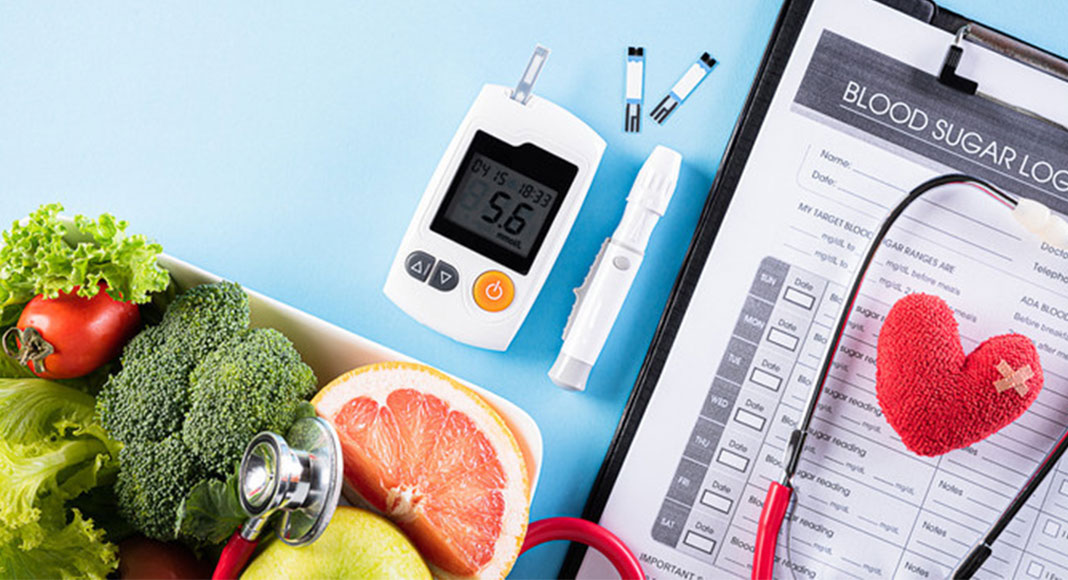
Mega Doctor News
Harvard Medical School – “What can I eat?” is one of the most common questions that people with diabetes ask. The American Diabetes Association no longer makes specific recommendations about proportions of carbohydrates, protein, and fat. Instead, its guidelines focus on developing healthy eating patterns, with the help of your doctor and a registered dietitian who has experience working with people who have diabetes.
The guidelines include the following recommendations:
- Reduce overall carbohydrates. When you do eat carbs, they should come from nutrient-rich sources, such as vegetables (particularly non-starchy ones), whole grains, fruits, legumes, and dairy products, rather than from processed foods with added fat, sugar, and sodium.
- Limit your intake of saturated fat (found mainly in animal products).Even good fats such as olive oil should be eaten in moderation.
- Replace sugar-sweetened beverages (including those sweetened with high-fructose corn syrup or sucrose) with water.
- Reduce sodium intake to less than 2,300 milligrams per day, or lower if you have high blood pressure.
- Drink alcohol in moderation only if you can account for the calories in your daily meal plan. Moderate drinking is defined as one standard drink a day for women and up to two a day for men. You must be cautious, however. Alcohol can worsen low blood sugar reactions in people who take insulin or certain other diabetes medications. And because some effects of alcohol (such as drowsiness or slurred speech) resemble those of hypoglycemia, it can be hard to recognize a true diabetic emergency if you have one.
For more smart strategies for controlling your blood sugar, check out Living Well with Diabetes, a Special Health Report from Harvard Medical School.








